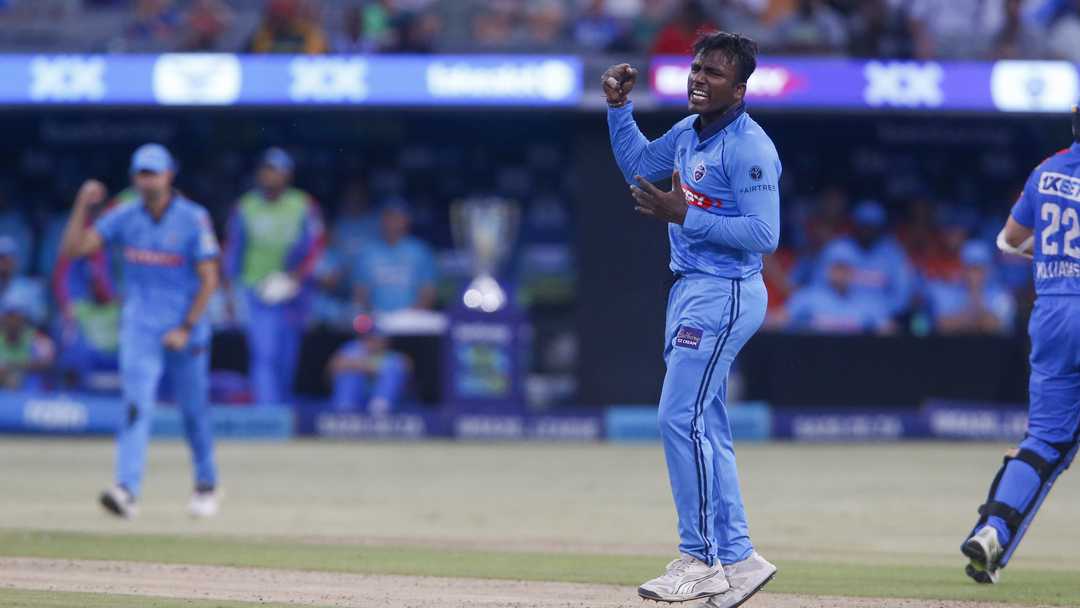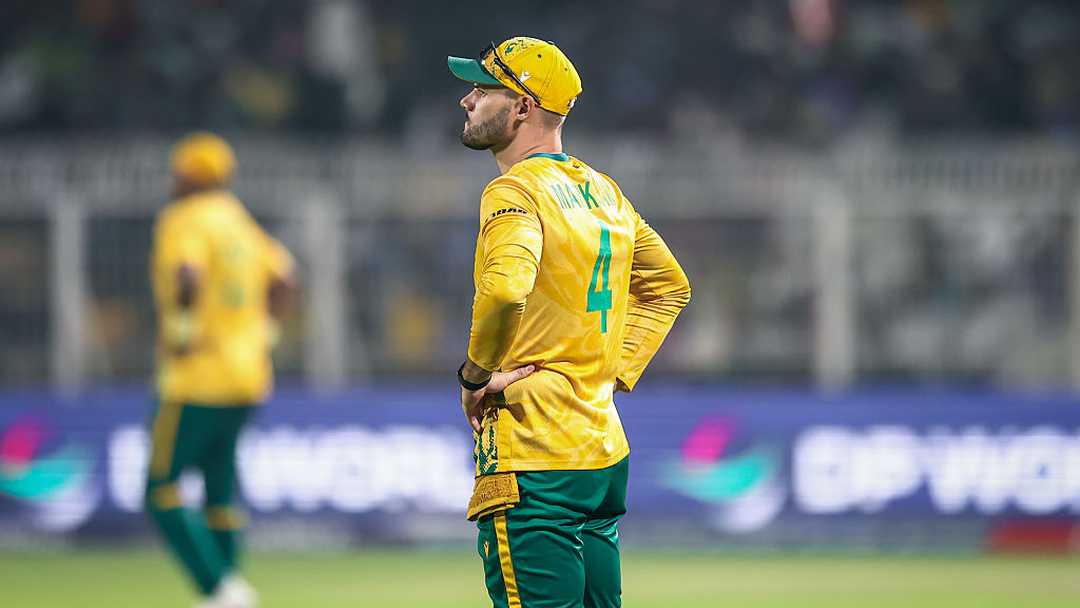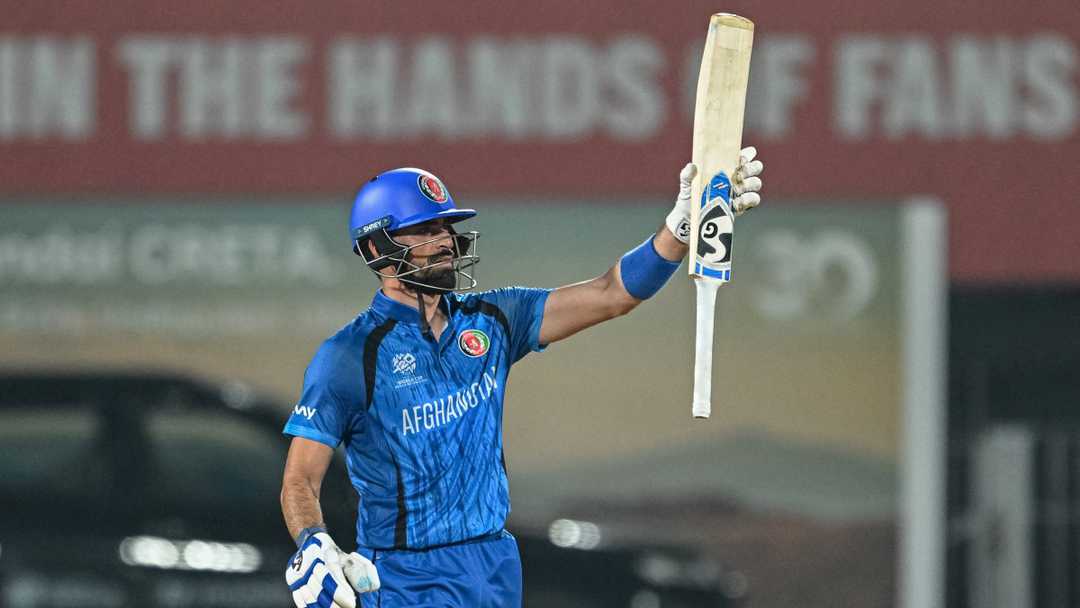
Protea fire burns on in this generation
Graeme Smith came up with the idea, and it's no less true today than it was then. The protea – the flower, not the cricketer – needs fire to disperse its seeds. Without the adversity caused by a blaze, it cannot regenerate. "Protea Fire" became South Africa's method for making sense of the madness of the modern game.
Happily, fire doesn't often visit South Africa's dressing rooms. But adversity does. Sometimes it takes the shape of political drama, other times of losses, and still other times it's caused by retirements.
"Hashim Amla, AB de Villiers, Dale Steyn and Morne Morkel all retired around the same time, and everybody forecast that South African cricket would need another five years or so to be really competitive again," Senuran Muthusamy said.
"To have shortened that period so sharply is really testament to the coach, to his staff, and the players who've repaid the faith that's been shown. The coach has a plan, as always, and it's up to us as cricketers to do our best with the opportunities we are given."
Heinrich Klaasen calling it quits – at international level – last month is only the latest example. Often the retirements comes in clusters, like they did in the space of two years, three months and 16 days from March 2012 to July 2014 – when the celebrated triumvirate of Mark Boucher, Smith himself and Jacques Kallis, the hard core of that South Africa side, played their last internationals. In 2018, De Villiers, Morkel and Amla disappeared in the space of 134 days. Dale Steyn followed 18 months later.
Yet the talent keeps coming. Like it did at Lord's last month, when South Africa confounded the pundits by beating Australia in the WTC final. That was their first senior ICC trophy since November 1998, but they have been and remain consistent challengers for top honours.
And that despite an exponentially smaller player base than India's, significantly lower levels of professionalism than in England, and a much smaller hold on the public's attention compared to Australia. South Africa succeed despite their reality, which includes a CSA board bent on self-harm and a chronic lack of financial and other resources.
Maybe what's needed to round up all that talent and point it in the right direction is the intelligence and relentlessness of a Border Collie. Here's hoping Shukri Conrad doesn't take offence at being cast in these terms, but he has become exactly that for South Africa. And a lot more besides, but that's what we can see from the outside.
"Conrad has been fantastic," Muthusamy said. "What he's done in such a short period of time with such a young group of players is phenomenal."
Appointed South Africa's red-ball head coach in January 2023, Conrad added the white-ball formats to his portfolio in May this year. The Zimbabwe-South Africa-New Zealand T20I Tri-series in Harare is his first venture into the latter territory at the international level with this team.
Conrad's charges made short work of the hosts in their first game of the tournament on Monday, when they won by five wickets. But they came unstuck two days later, when the Kiwis beat them by 21 runs. They will be up against the Zimbabweans again on Sunday (July 20).
Muthusamy's appreciation of Conrad is notable because he is not a regular member of the XI. Of South Africa's 193 matches across the formats from his debut – in a Test against India in Visakhapatnam in October 2019 – Muthusamy has featured in only eight. Even those few chances didn't come easily, despite the triple threat he offers as a canny left-arm spinner, a better than average middle order batter and a crack fielder.
He had to play 69 first-class matches, 52 list A games and 27 T20s before he cracked the nod for South Africa. By the time he earned his first T20I cap, against New Zealand on Wednesday, he had appeared in 88 senior matches in the format. Yet he seems to have a clear-eyed view of his lot as a squad member rather than a star.



